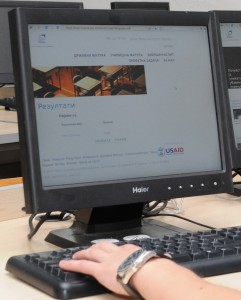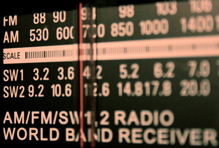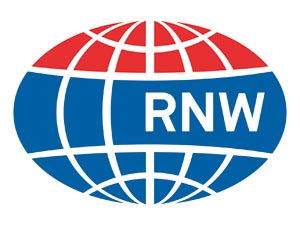
(Photo courtesy: USAID)
As I’ve mentioned in many previous articles, the internet is surely an excellent first-world technology. However, as this article from The Register points out, the internet also hides a much shadowier, more alarming nature, exemplified in the growing amount of internet surveillance.
A top US government official believes that the internet is under fierce attack by authoritarian governments worldwide, and that the situation is rapidly deteriorating.
“Today we face a series of challenges at the intersection of human rights, connected technologies, business, and government. It’s a busy intersection – and a lot of people want to put up traffic lights,” said US Assistant Secretary of State Michael Posner, speaking at the Silicon Valley Human Rights Conference in San Francisco on Tuesday.
[…]And as information communications technology moves ever deeper into less-developed countries, Posner sees the problems increasing. “These are the places where repressive regimes are getting hold of the latest, greatest Western technologies and using them to spy on their own citizens for purposes of silencing dissent,” he said. “Journalists, bloggers and activists are of course the primary targets.”
From his point of view, governments in some of these emerging markets “appear fiercely determined to control what people do online.”
Again, this underlines the straightforward, egalitarian nature of an alternative media source: shortwave radio. People living under the control of such a regime can turn to radio to hear voices from across the globe, to dispel inaccuracies and fallacies, and learn the truth. Unlike the internet, there’s no virtual gateway that can be locked down by a government’s heavy hand. Shortwave radio has no regard for border crossings.
 Best of all, no one can prevent these listeners from listening; no one can track them or their listening habits.
Best of all, no one can prevent these listeners from listening; no one can track them or their listening habits.
Herein lies my fear that, as many large international broadcasters such as the BBC, VOA, DW and others abandon shortwave service to invest in the internet, we put all our eggs in one tenuous basket. Certainly, we can invest in technologies which attempt to stall government efforts to temper our internet presence in, for example, China; but what about the people accessing these protective internet sites? Who is watching them and their surfing habits?
Crack. There goes democracy…
 (Source: Christian Science Monitor)
(Source: Christian Science Monitor)




